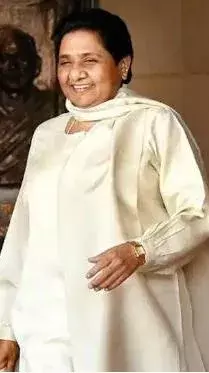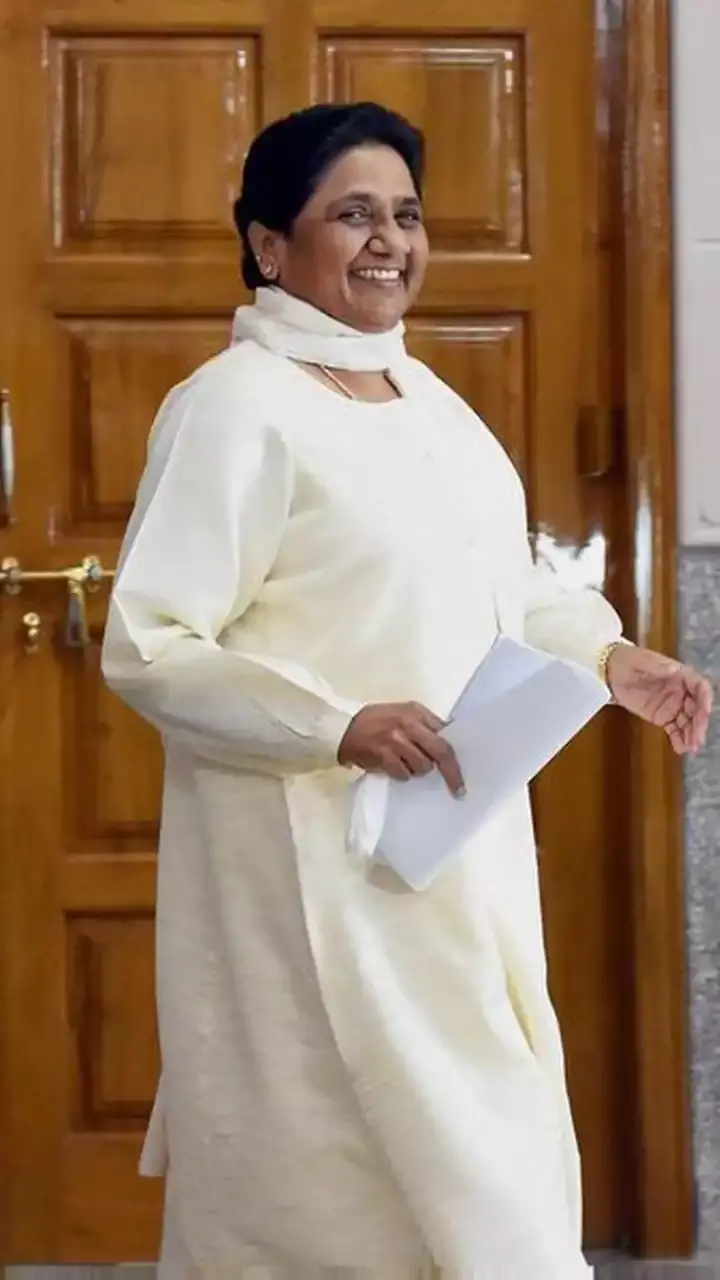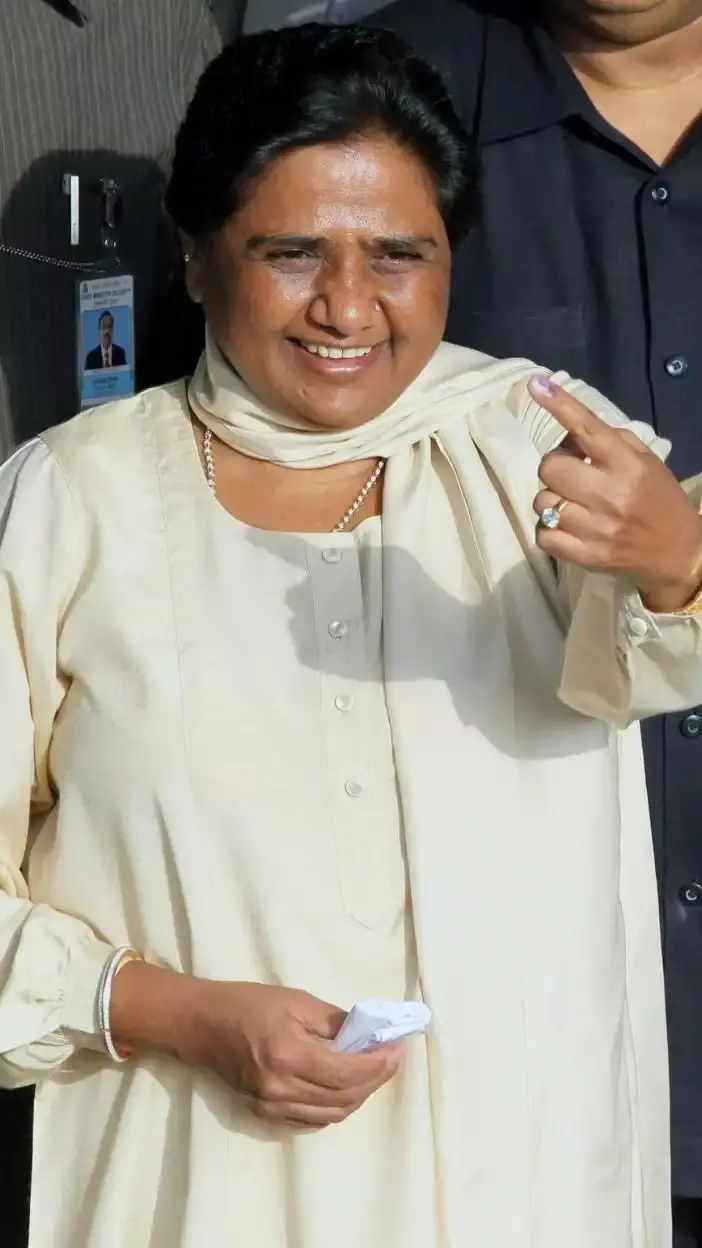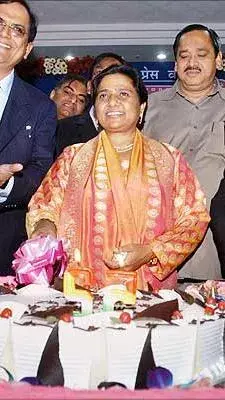
Mayawati: The Trailblazing Journey of India's Dalit Leader

Mayawati, born on January 15, 1956, in Delhi, India, rose to prominence as a prominent Dalit (formerly known as untouchable) leader in Indian politics.

She hails from a humble background and her journey to political leadership is marked by her commitment to social justice and empowerment of marginalized communities.

Mayawati entered politics in the 1970s through her association with the Bahujan Samaj Party (BSP), a political party dedicated to representing the interests of Dalits, Other Backward Classes (OBCs), and marginalized sections of Indian society.
In 1995, she became the Chief Minister of Uttar Pradesh, India's most populous state, making history as the first Dalit woman to hold this position.
Mayawati's tenure as Chief Minister was characterized by her focus on social welfare schemes, infrastructure development, and affirmative action policies aimed at uplifting the Dalit community.
She is known for her ambitious projects such as the construction of parks and monuments, including the famous Ambedkar Park in Lucknow, dedicated to Dr. B.R. Ambedkar, an icon of the Dalit community and the architect of India's Constitution.
Mayawati's leadership style is often described as authoritarian, and she is known for her no-nonsense approach to governance and politics.
She has faced criticism for her extravagant spending on public projects and her allegedly authoritarian rule during her tenures as Chief Minister.
Despite facing numerous controversies and legal challenges, Mayawati remains a significant figure in Indian politics, wielding considerable influence, particularly in Uttar Pradesh.
Her political career has been marked by alliances and realignments with other parties at the state and national levels, reflecting the complex dynamics of Indian politics.